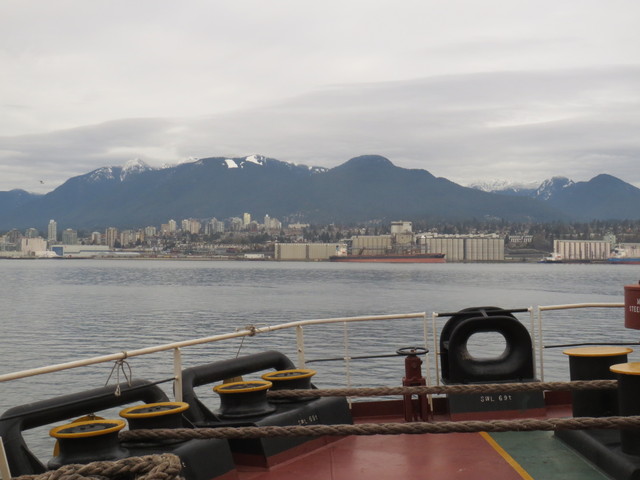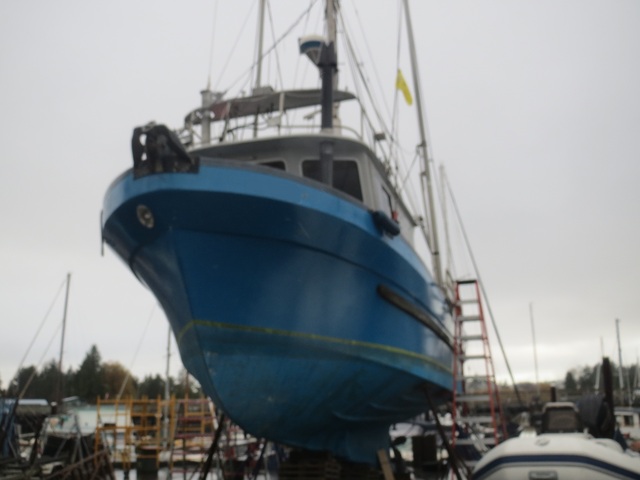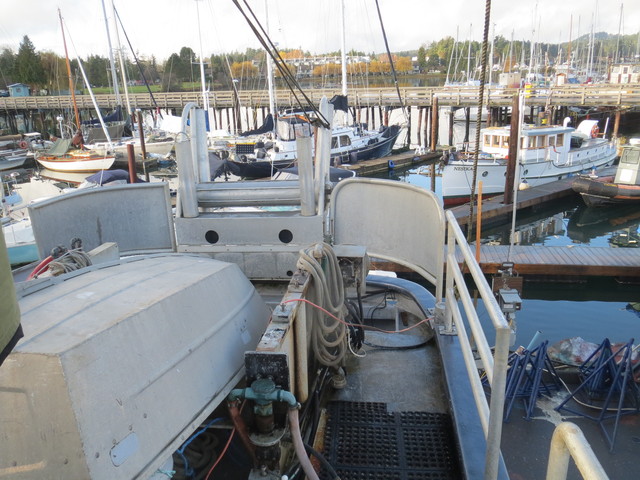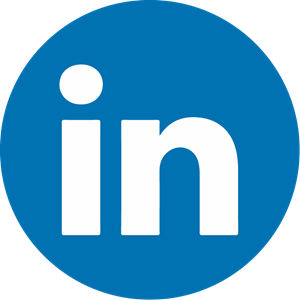Methanol has proven to be a safe marine fuel and has the backing of IMO following its approval. IMO’s Maritime Safety. Committee approved interim guidelines for the use of methyl and ethyl alcohol on ships during meetings in November 2020. These guidelines include provisions for the arrangement, installation, control and monitoring of machinery, equipment and systems using methyl/ethyl alcohol as fuel. The Sub-Committee on Carriage of Cargoes and Containers developed the guidelines in the context of its work related to the IGF Code. More information: Riviera News









